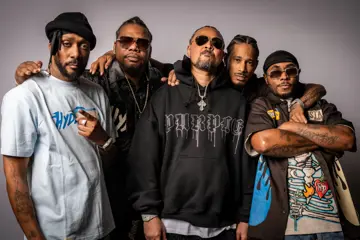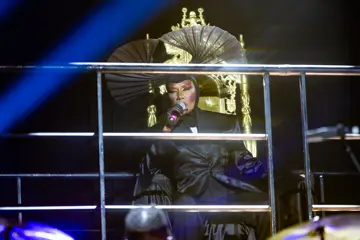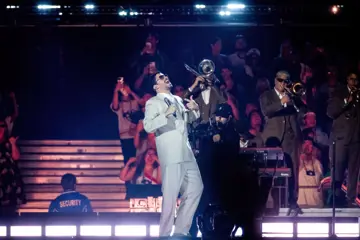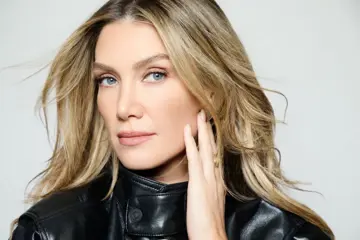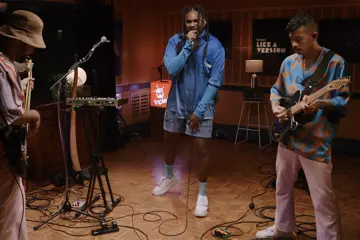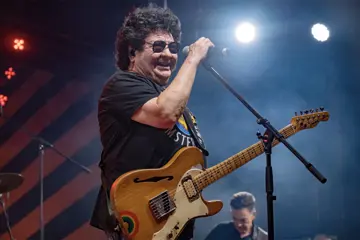After earlier stating that the competition would welcome Russia due to its 'non-political' nature, Eurovision organisers have acted to ban the country from this year's event to avoid bringing the event into 'disrepute'.
The country had not yet selected its entrant for the competition which will happen in May, but Ukrainian broadcaster UA:PBC vocally called on the European Broadcasting Union to reverse their earlier stance and to disallow any contestant from the invading nation.
In a statement posted to Twitter on its reversal, the EBU said:
“Before making this decision the EBU took time to consult widely among its membership. The EBU is an apolitical member organisation of broadcasters committed to upholding the values of public service. We remain dedicated to protecting the values of a cultural competition which promotes international exchange and understanding, brings audiences together, celebrates diversity through music and unites Europe on one stage."
Statement from @EBU_HQ regarding Russia's participation in the Eurovision Song Contest 2022.https://t.co/HmKJdqVE4J pic.twitter.com/tVH6yFxzbq
— Eurovision Song Contest (@Eurovision) February 25, 2022
The controversy comes after Russia's invasion of Ukraine earlier this week in an act of war not seen on European soil since World War 2. While the decision has been tough for the event which has promoted inclusion and unity since 1956, the actions of Russia have forced arts communities around the world to reflect on what being 'non-political' really means in a world where politics is the ultimate arbiter of everything we do.
Don't miss a beat with our FREE daily newsletter
Many in the Russian arts community have come out in solidarity for Ukraine, despite serious threats to their security and possible repercussions, by changing their social accounts to black tiles and in some cases protesting on the streets.
Russia's 2021 entrant Manizah has however come out against the Eurovision ban, citing the competition's ability to build bridges between nations. Translated from Russian, she said, "Music has the power to bring millions of people together. There are many examples of this in the history of mankind. It is wrong to isolate Russians in non-political spheres, as Eurovision still proclaims to be. It has also been decided to isolate both scientists and athletes from Russia. Do not cut down the last bridges of cooperation, this is the way to the new 'Berlin Wall'. If politicians can't find a common language, maybe musicians can?"
The Ukranian entry is Kalush Orchestra, confirmed just three days ago after original delegate Alina Pash was disqualified from the competition after a media firestorm over allegedly forged documents surrounding a trip to the disputed region of Crimea. Pash responded: “I am an artist, not a politician. I do not have an army of PR people, managers, lawyers to resist all these attacks and pressure, the break-in of my social networks, the threats. And also the absolutely unacceptable words that people allow themselves without understanding the situation and forgetting about the dignity of every citizen of Ukraine. I don’t want this virtual war and hatred. The main war now is an external one, which came to my country in 2014.”
Kalush Orchestra had not made comment on the invasion or Russia's Eurovision ban at the time of publishing.
Here in Australia, our contestants are vying for the spot in this year's competition, with the event televised on SBS.





